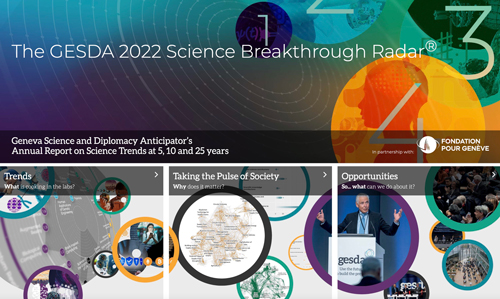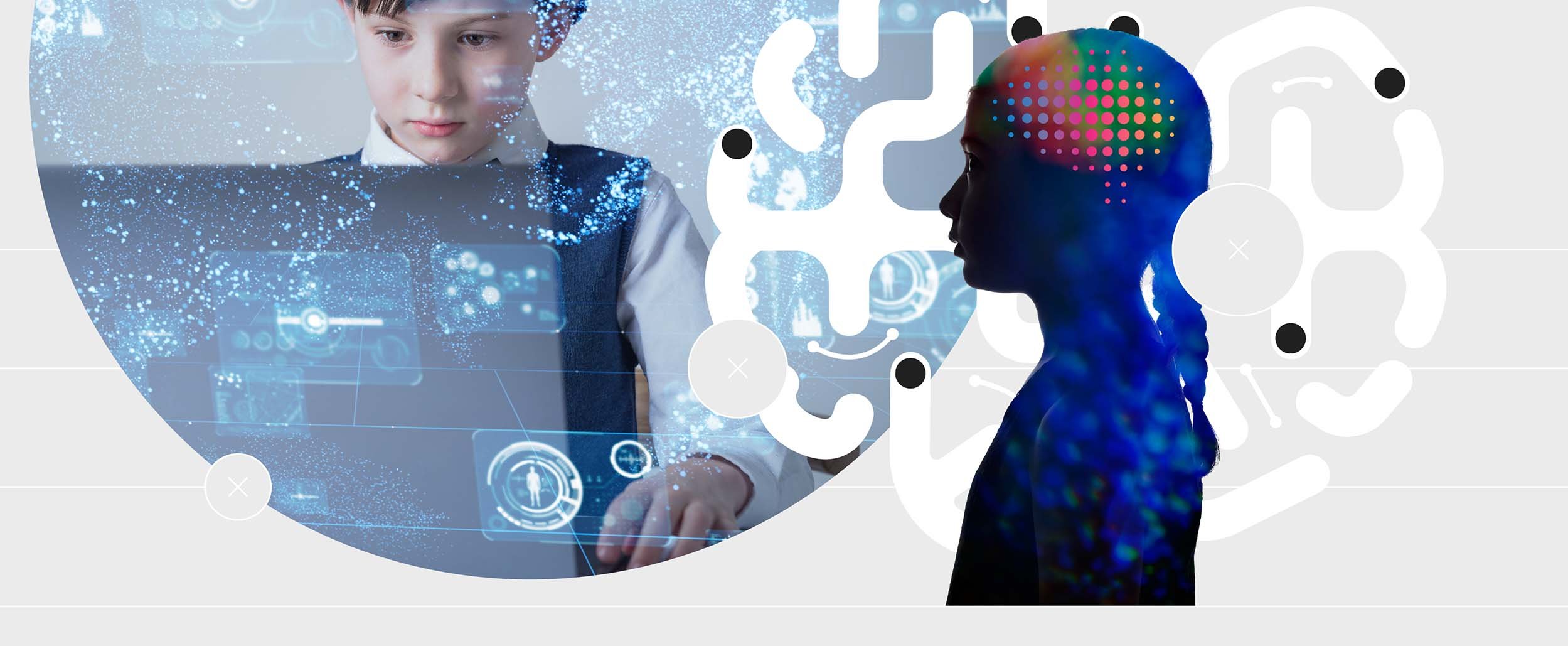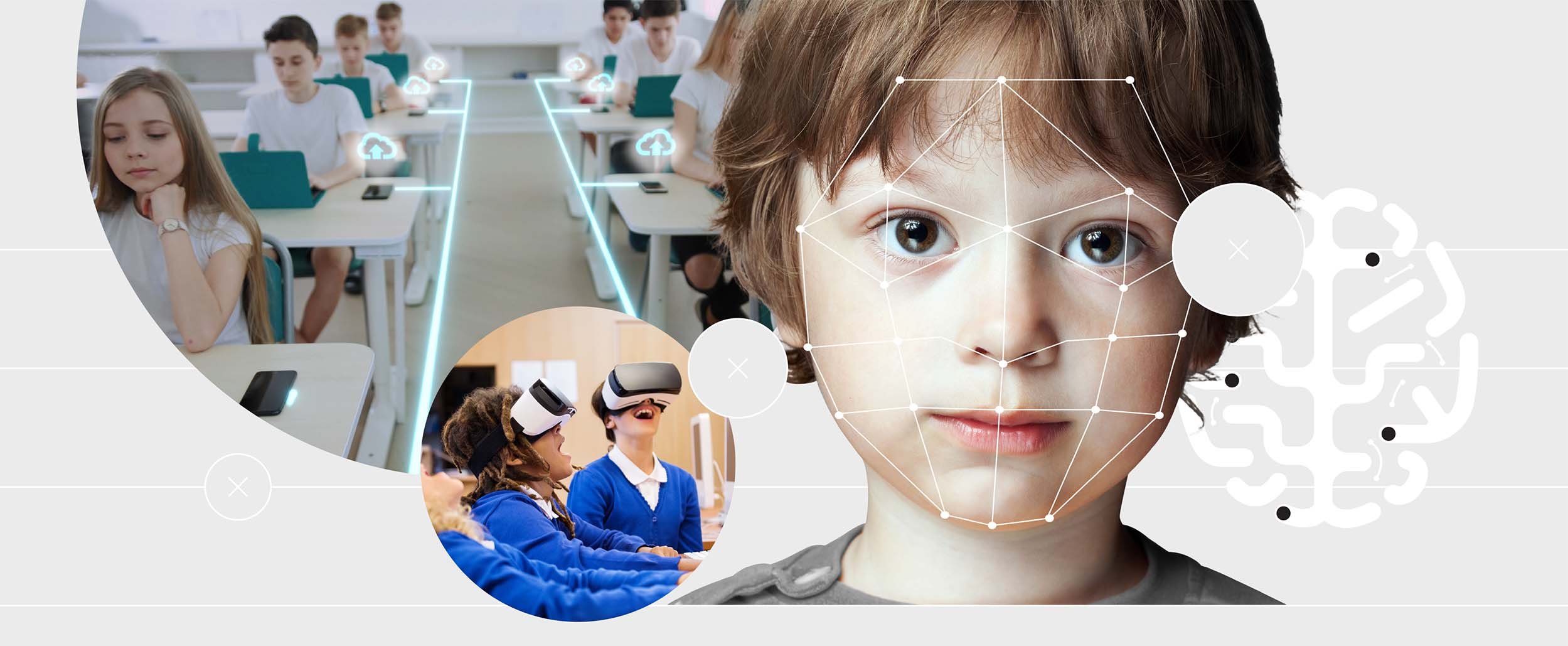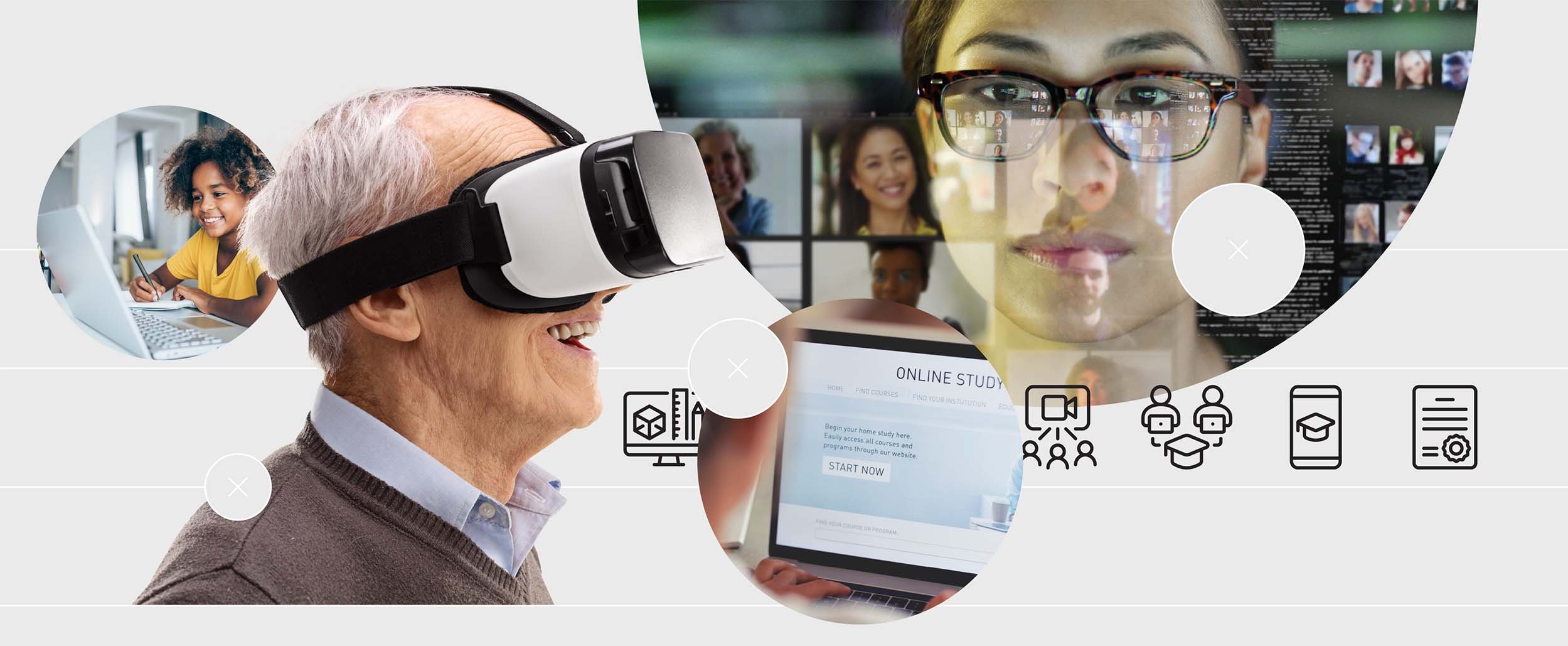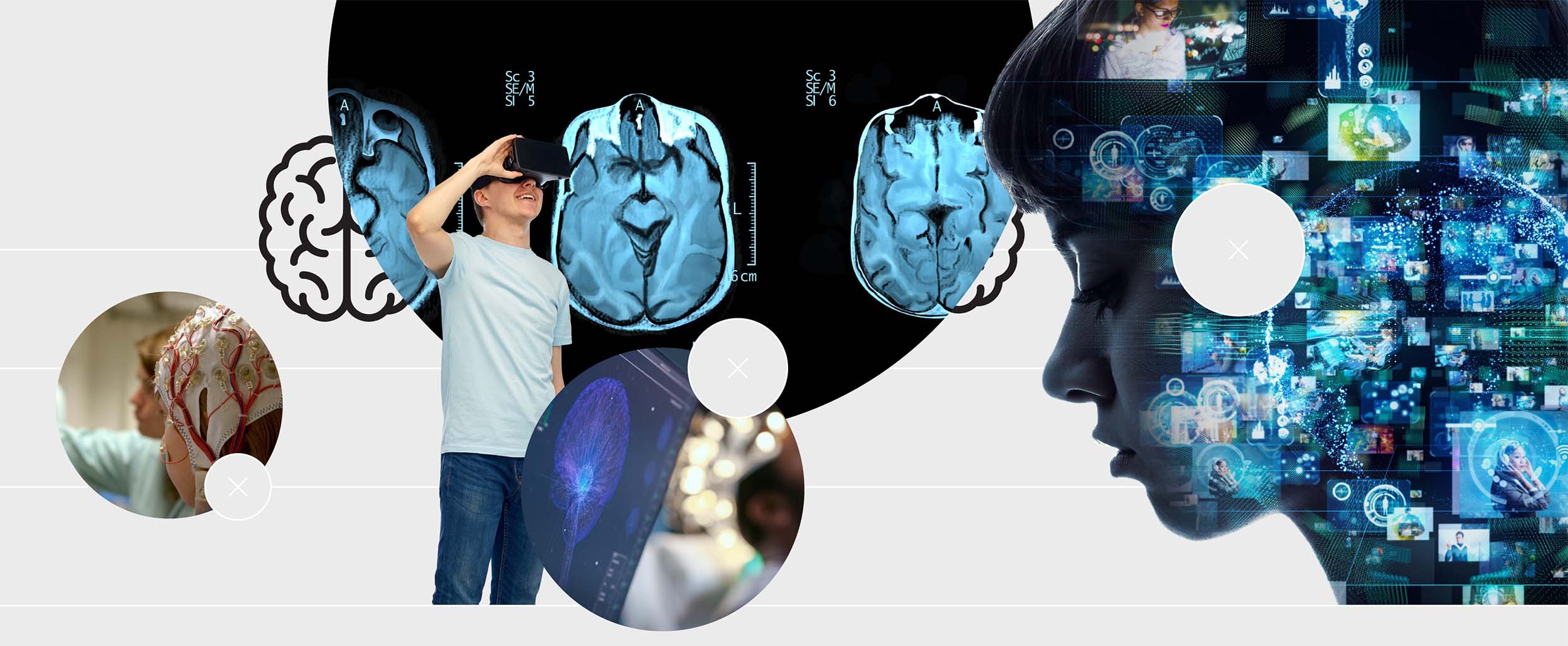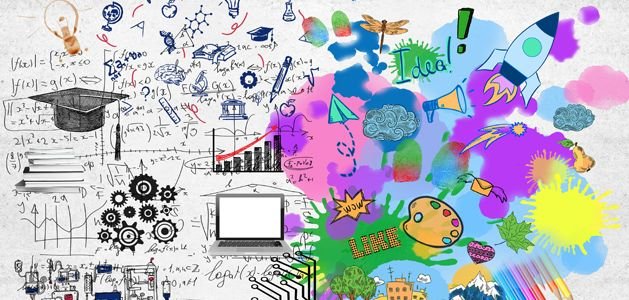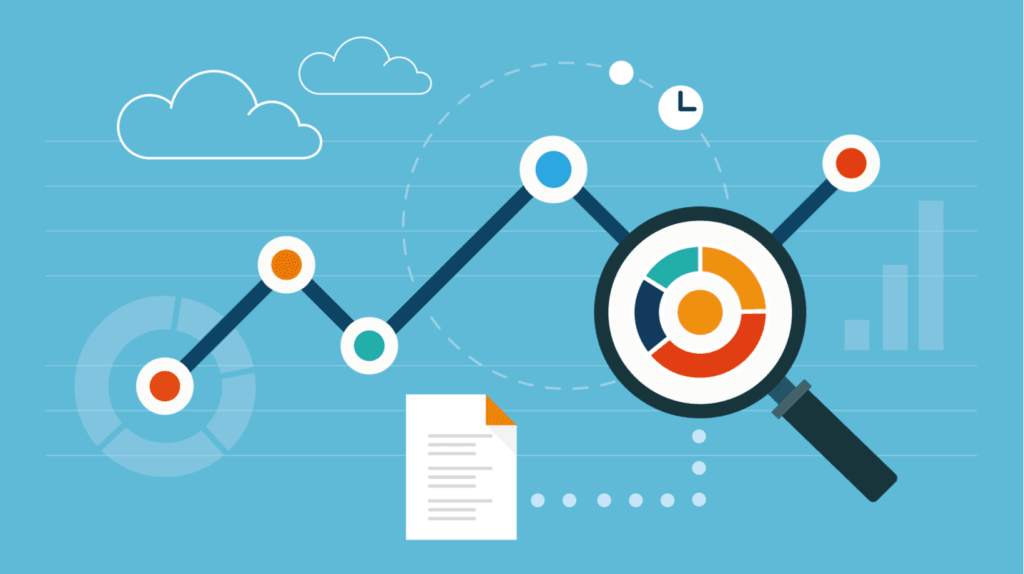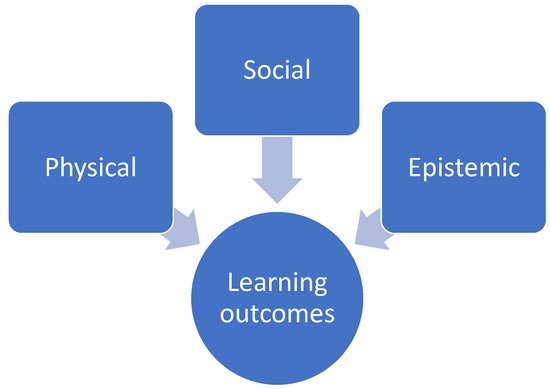Over the last few decades, science and technology have provided new sets of tools that can help us innovate in education to create a better educated human population. Many of these tools involve innovations such as digitised sensors, artificial intelligence and wearable computing components. However, just having access to these technologies is not enough: they have to be used in smart, thoughtful ways, and with an eye towards equity, if we are to create a better educated world.
Advances in understanding the science of learning are helping here. Insights into the neural processes of learning, the dynamics and cognitive aspects of teaching, and the importance of social interaction in learning are proving useful when creating learning contexts, curricula and tools for developing learners’ potential.
SELECTION OF GESDA BEST READS AND KEY REPORTS:
A Turkish study from December 2022, Developing students’ creative problem solving skills with inquiry-based STEM activity in an out-of-school learning environment, underscored the influential role of extracurricular STEM activities in sharpening students' creative prowess, spotlighted in the journal "Education and Information Technologies". In March 2023, Finnish and Norwegian researchers delved into the fragmented state of learning analytics within virtual labs. Learning analytics in virtual laboratories: a systematic literature review of empirical research called attention to the urgent need for standardised methodologies to optimise the potential of analytics in online educational frameworks. A Chinese-Australian team published a groundbreaking discourse in July. The TEK Design Principles: Integrating Neuroscience and Learning Environment Research unveiled the TEK design principles, an innovative fusion of neuroscience and learning design, championing the power of learning environments in stimulating sustained, student-led knowledge endeavours.
